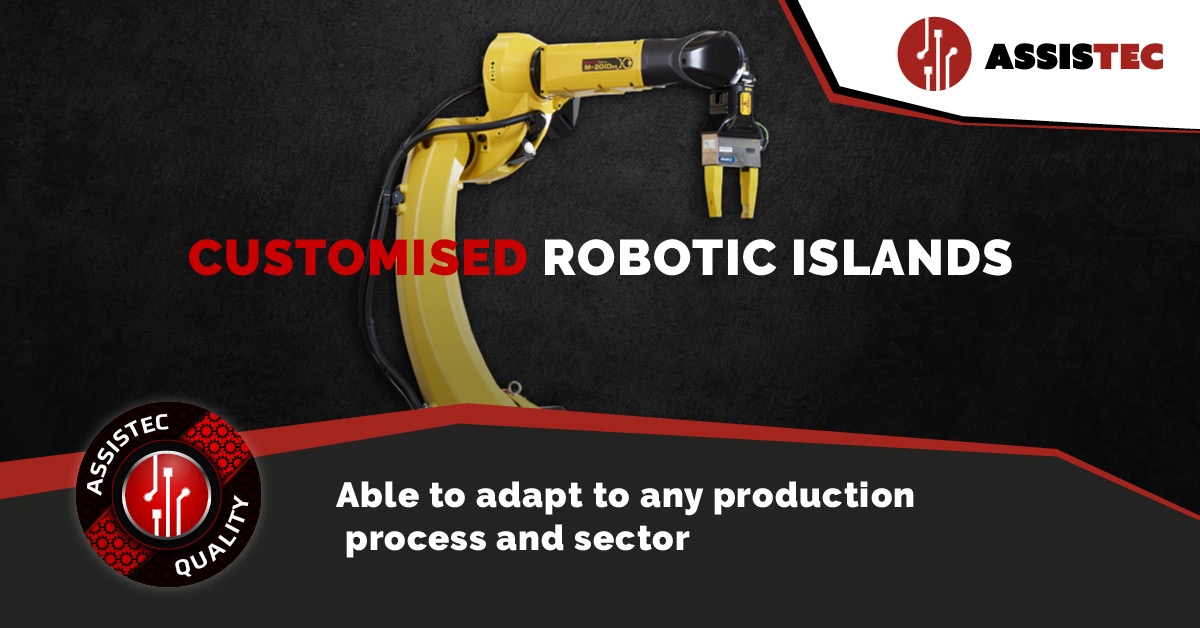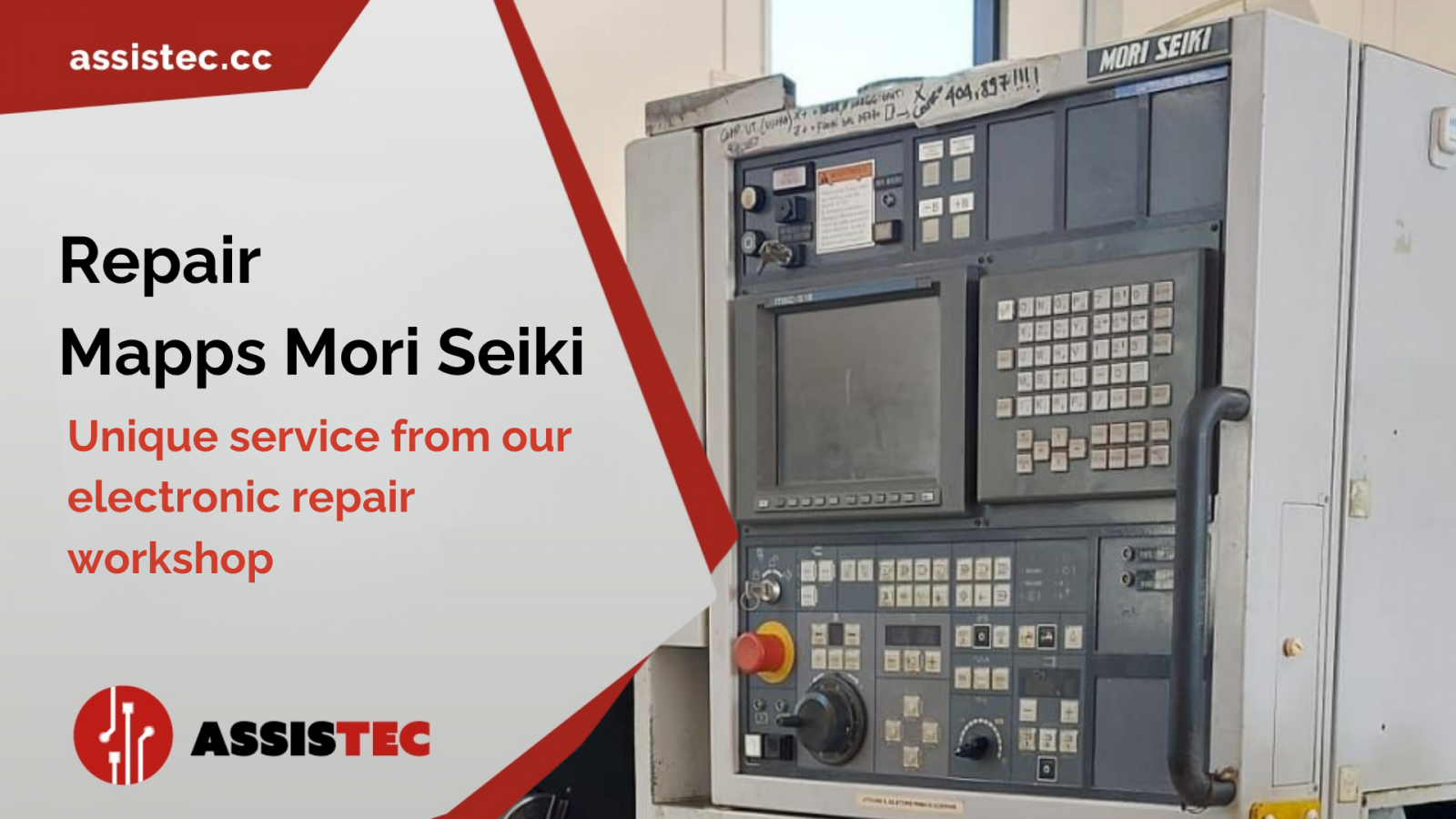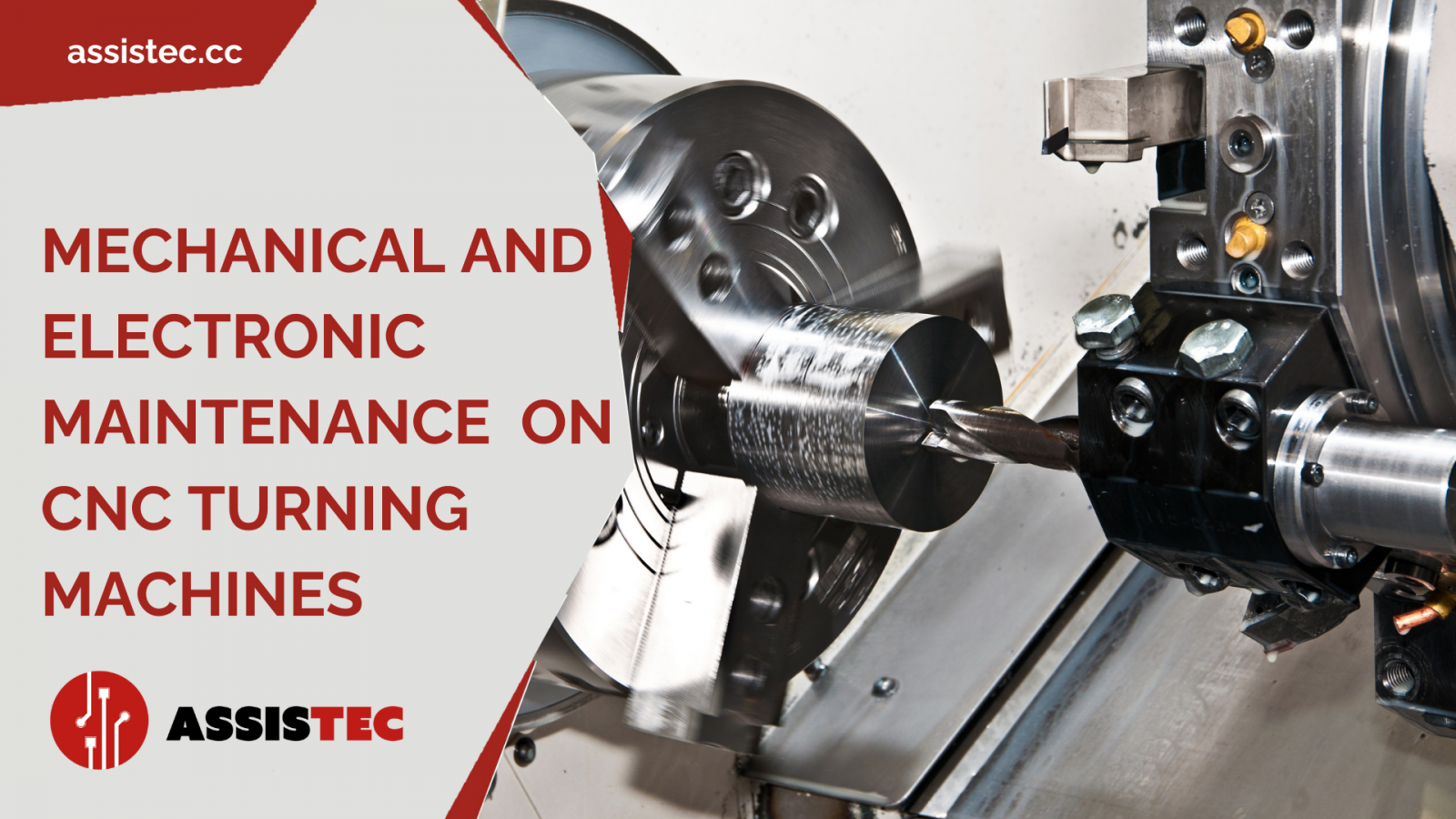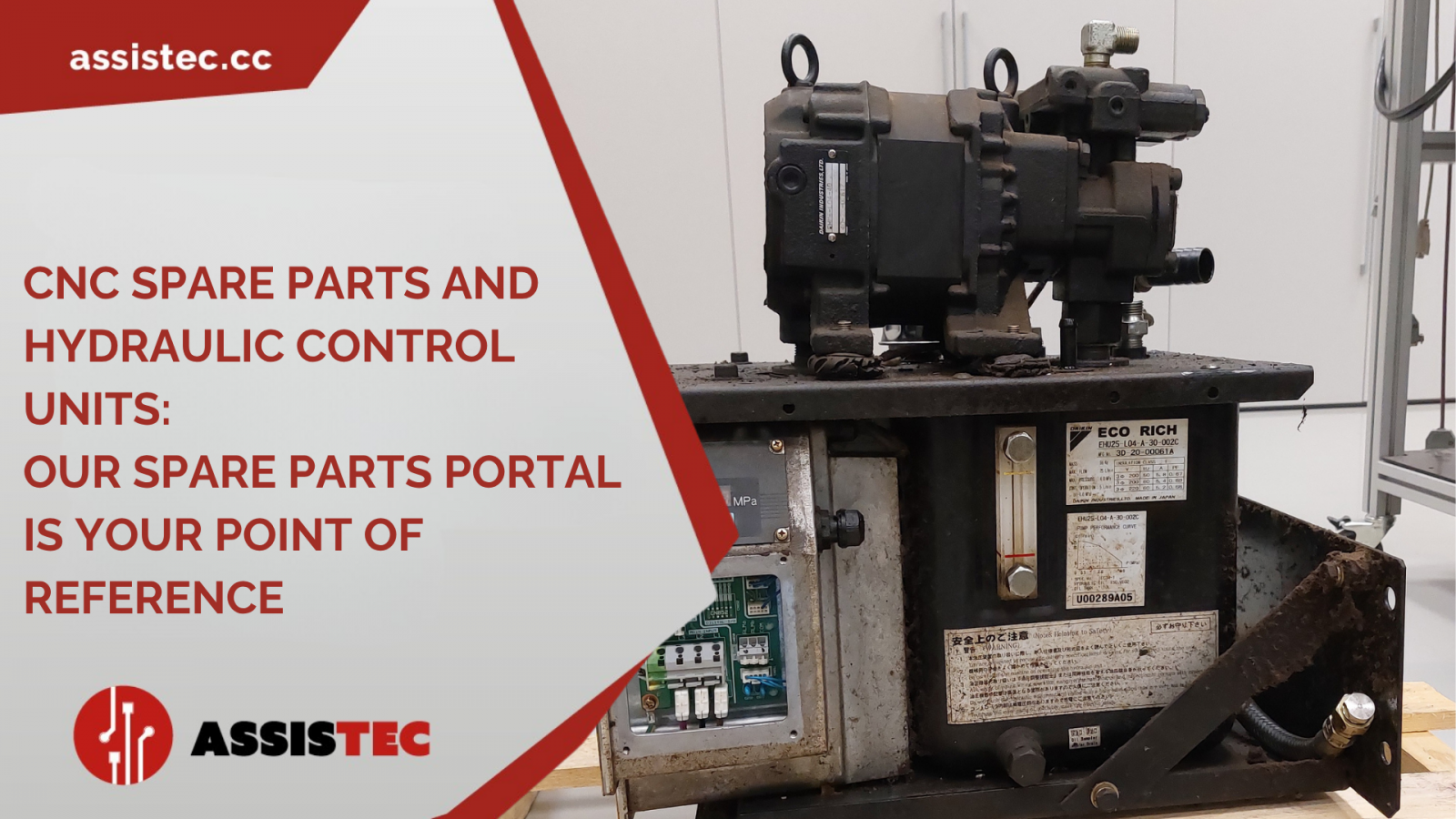Robotic islands: where do they make a difference?


Choosing an industrial robot
Robotic islands are flexible tools that can be adapted to different machining operations and uses. In order to improve workflow and increase production rates, industrial robots need to have different requirements and performances according to the plant in which they are installed and the CNC machines to be serviced. This is why they are customised according to the task they have to perform. These include, for example, object handling, sorting, assembly, quality control, painting, etc.
To choose the most suitable robotic island for your company, it is important to consider a number of factors, including the tasks to be carried out, the relevant sector, the cost-benefit ratio (for a rapid return on investment) and the type of environment in which it will be installed. .
Sectors where a robotic island can make a difference
With the advent of Industry 4.0 and smart factories, the number of companies able to accommodate and benefit from a robotic island has tripled in recent years. Many industrial sectors are affected, including fashion, automotive, aeronautics and aerospace, mechanical engineering, healthcare and pharmaceutical, food, transport, etc.
Generally speaking, investing in industrial automation solutions is particularly recommended in hazardous working environments, where operators have to carry out heavy or repetitive tasks and their safety is often put at risk
Is your company ready for a robotic island?
If the answer is yes, Assistec is for you. Our team of highly skilled technicians will support you in all phases of design and installation of the robotic island, to ensure that it fits your CNC machine park. We offer our customers all our know-how and expertise, consolidated over more than 25 years of providing mechanical, electronic and system integration support.
Contact us for more information or visit our website and discover the latest industrial automated robots designed by Assistec, such as the line Robofeed .
Recent Posts

-
MAPPS Mori Seiki: cutting-edge technology at the service of CNC programming
In the world of CNC machining, Mori Seiki has always been synonymous with precision, efficiency and innovation. Among the systems that have contributed most to building this reputation, MAPPS (Machine Advanced Programming Production System) occupies a place of absolute importance. This hardware, integrated into Mori Seiki machines (updated in CELOS), allows for intelligent management of every stage of production, from programming to simulation. Today, thanks to the many years of experience of the Assistec laboratory, it is possible to repair MAPPS Mori Seiki, with the certainty of turning to a team of qualified, up-to-date and responsive professionals.
-
CNC lathes are the beating heart of many mechanical workshops and manufacturing companies. However, their ability to guarantee precision, production continuity and impeccable finishes depends on a factor that is often underestimated: maintenance. Regular mechanical and electronic maintenance is not only a technical requirement, but also a business strategy that reduces machine downtime, preserves product quality and extends the life of the equipment. This guide explores all the operations necessary for comprehensive maintenance, with practical advice and guidance on when it is essential to rely on specialised professionals.
-
The efficient management of CNC machine tools cannot be separated from a reliable, timely and well-organised spare parts system. This is where the Assistec Spare Parts Portal comes into play, designed to provide concrete support to workshops, maintenance technicians, technical managers and industrial buyers.
Thanks to direct integration with the automated warehouse, the portal allows you to identify and order new and remanufactured components in just a few clicks, with real availability and fast shipping.
Among the most requested spare parts today are hydraulic control units, which are essential for ensuring the operational continuity of CNC systems



